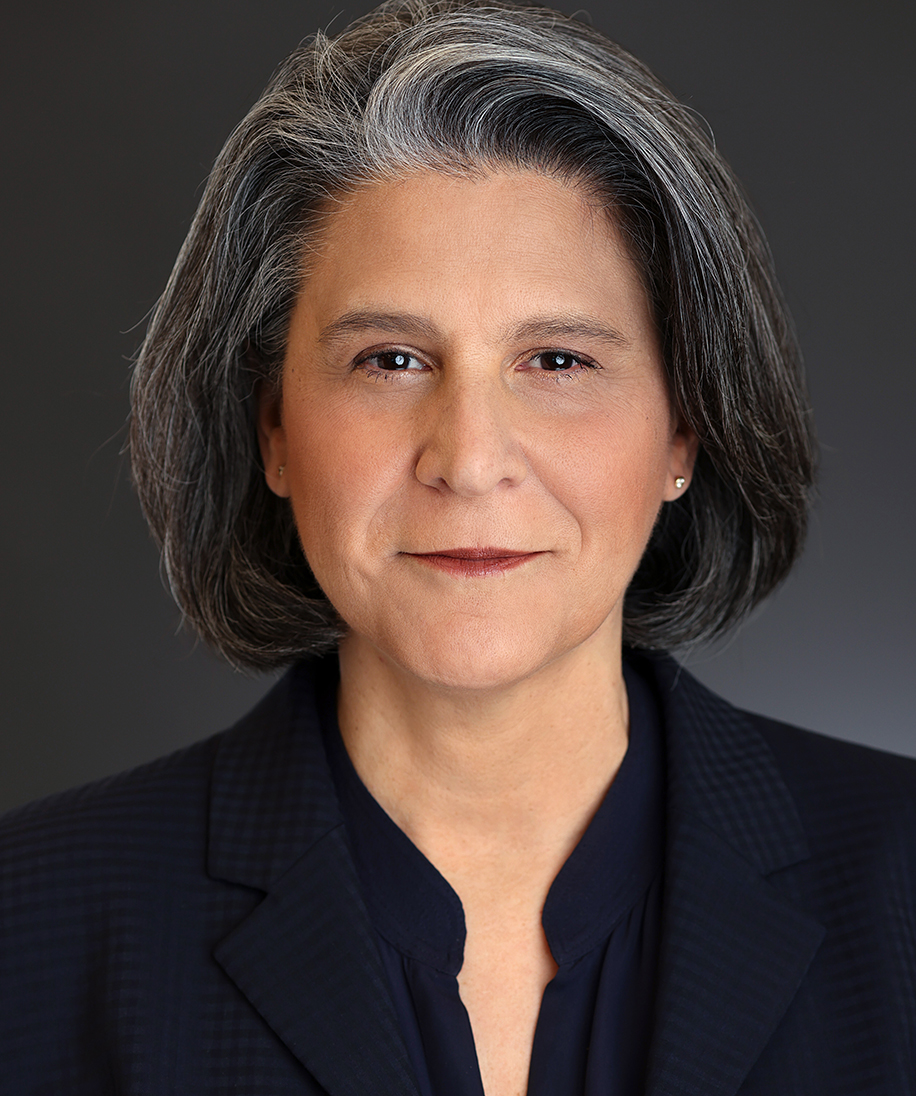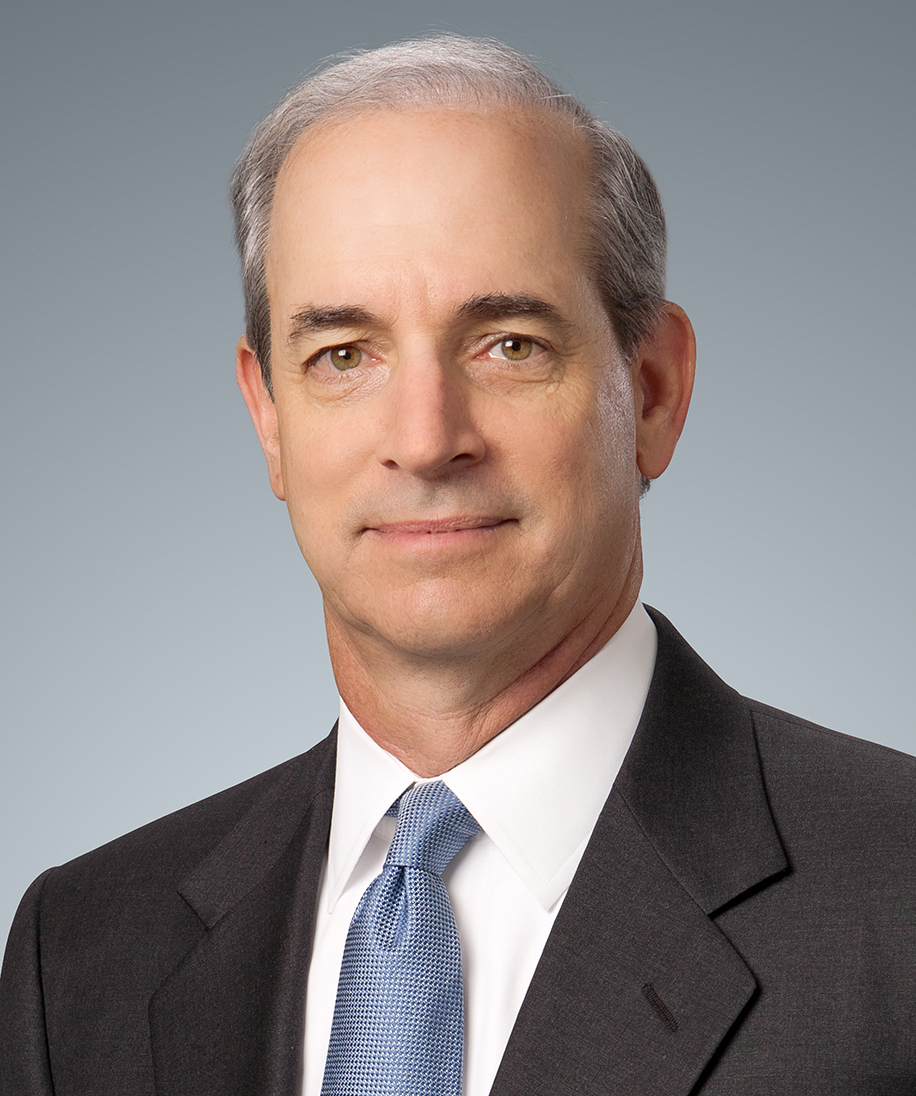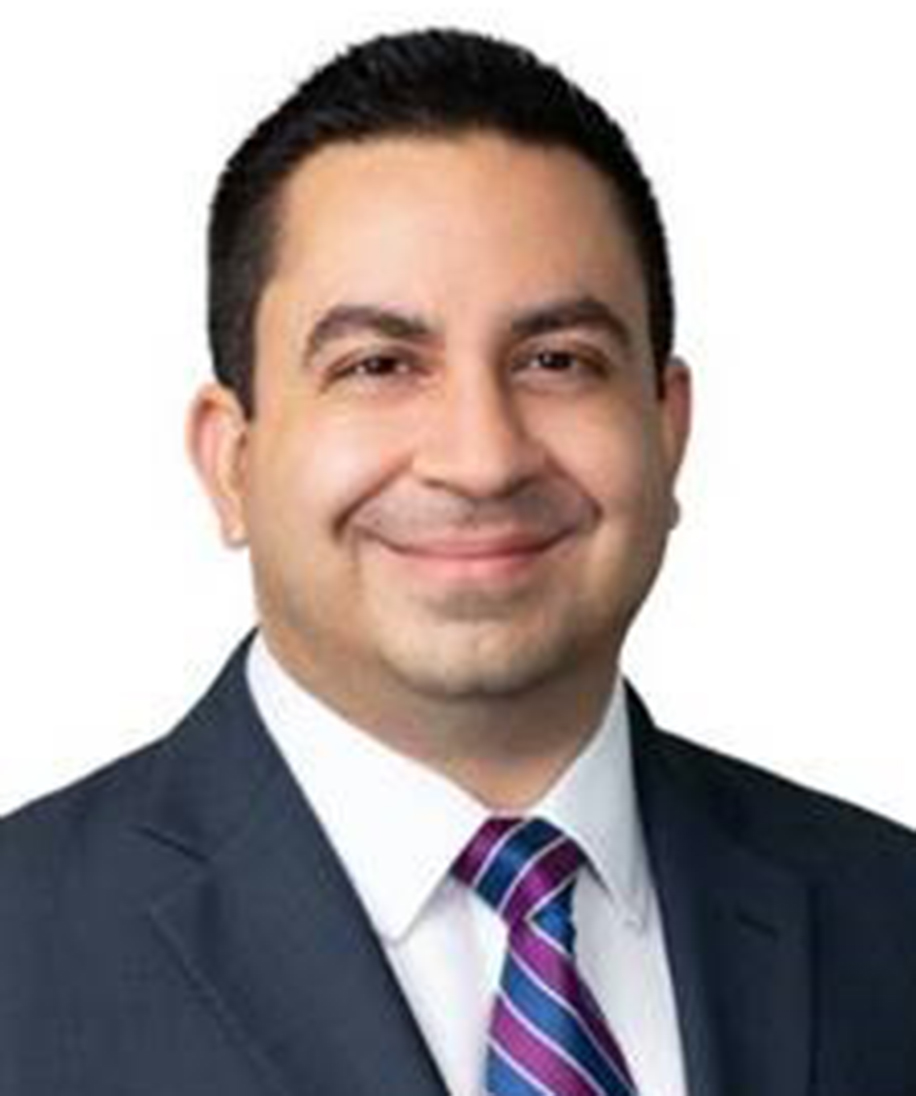Client Alert
Supreme Court Clarifies "Undue Hardship" In Religious Accommodation
July 05, 2023
By Felicia A. Davis,Steven A. Marenberg,Kenneth W. Gageand Kaveh Dabashi
On June 29, 2023, the Supreme Court decided Groff v. DeJoy in a unanimous ruling that clarifies the “undue hardship” standard under which an employer can deny a requested religious accommodation under Title VII of the Civil Rights Act of 1964. The Court rejected a “de minimis cost” test. To avoid liability, the Court explained, an employer must show that granting the accommodation “would result in substantial increased costs in relation to the conduct of its particular business.”
The case was brought by Gerald Groff, an Evangelical Christian Postal Service employee, who refused to deliver packages on Sundays in observance of Sunday Sabbath. Groff requested instead that co-workers replace him on Sundays. The Postal Service temporarily accommodated this request, but eventually withdrew the accommodation, arguing that Groff’s Sunday absences unduly burdened his co-workers with extra shifts and extra mail. Groff continued to refuse to work on Sundays, though. He was progressively disciplined, eventually resigned, and sued the Postal Service under Title VII for failure to accommodate his religious observance.
The District Court granted summary judgment to the Postal Service. The Third Circuit affirmed, relying on language in Trans World Airlines Inc. v. Hardison, 432 U.S. 63 (1977), indicating that requiring an employer to bear anything “more than a de minimis cost” to accommodate an employee’s religious observance “is an undue hardship.”
The issue presented in Groff v. DeJoy was whether Hardison should be overruled, in favor of requiring some greater cost to the employer to establish an “undue hardship.” Interestingly, the parties agreed a greater cost was appropriate. They disagreed, though, on what that cost should be. Groff argued it should be a “significant difficulty or expense.” The Postal Service argued it should be only “substantial expenditures” or “substantial additional costs.”
Justice Alito, writing for the unanimous Court, forged a middle ground, holding that an “undue hardship” is a burden that “would result in substantial increased costs in relation to the conduct of its particular business.” He described this as a “context-specific standard” and instructed lower courts to “apply the test in a manner that takes into account all relevant factors in the case at hand, including the particular accommodations at issue and their practical impact in light of the nature, size and operating cost of [the] employer.”
Styling its opinion as merely a “clarification[]” of Hardison, the Supreme Court described the “de minimis” reference in that decision as “a single, but oft-quoted sentence” that, “if taken literally, suggested that even a pittance might be too much for an employer to be forced to endure.” But Hardison “cannot be reduced to that one phrase.” Rather, Hardison’s repeated references to “‘substantial’ burdens . . . better explains the decision”—hence, Groff’s clarification that an undue burden occurs only when the employer can show “substantial increased costs in relation to the conduct of its particular business.”
Groff’s impact remains to be seen. The Supreme Court, for its part, did not “foreclos[e] the possibility that [the Postal Service] will prevail” under the new standard. It also expected that its holding would “prompt little, if any, change in the [EEOC]’s guidance explaining why no undue hardship is imposed by temporary costs, voluntary shift swapping, occasional shift swapping, or administrative costs,” but cautioned that “it would not be prudent to ratify in toto a body of EEOC interpretation that has not had the benefit” of Groff’s clarification. Ultimately, the Supreme Court has left it to the lower courts to apply the clarified standard.
Moreover, employers need to be cognizant of state laws that may apply a different standard than Groff, and that these issues continue to be actively litigated. Earlier this month, the Firm secured summary judgment on behalf of a client where the question of undue burden under FEHA was at issue, when an employee sought as a religious accommodation a waiver of the company’s COVID-19 vaccination requirement.
Contributors





